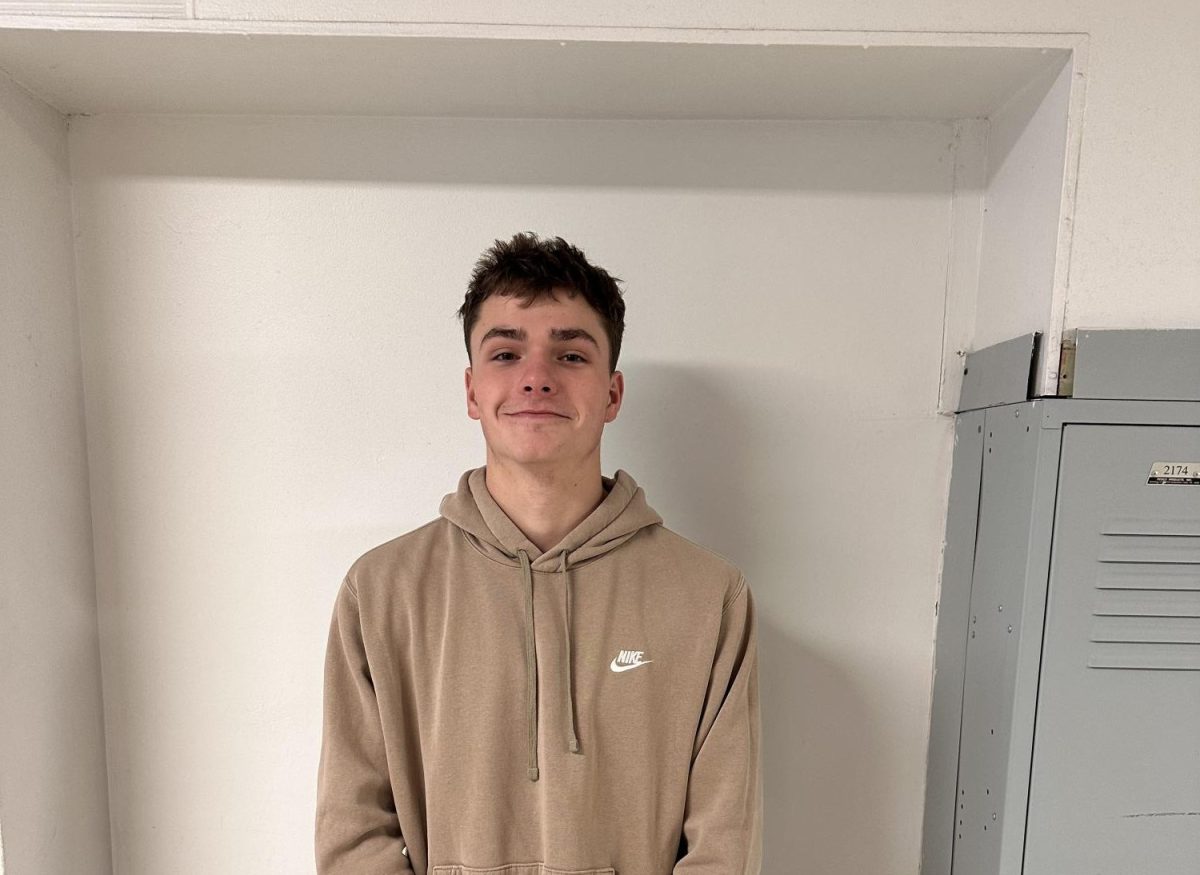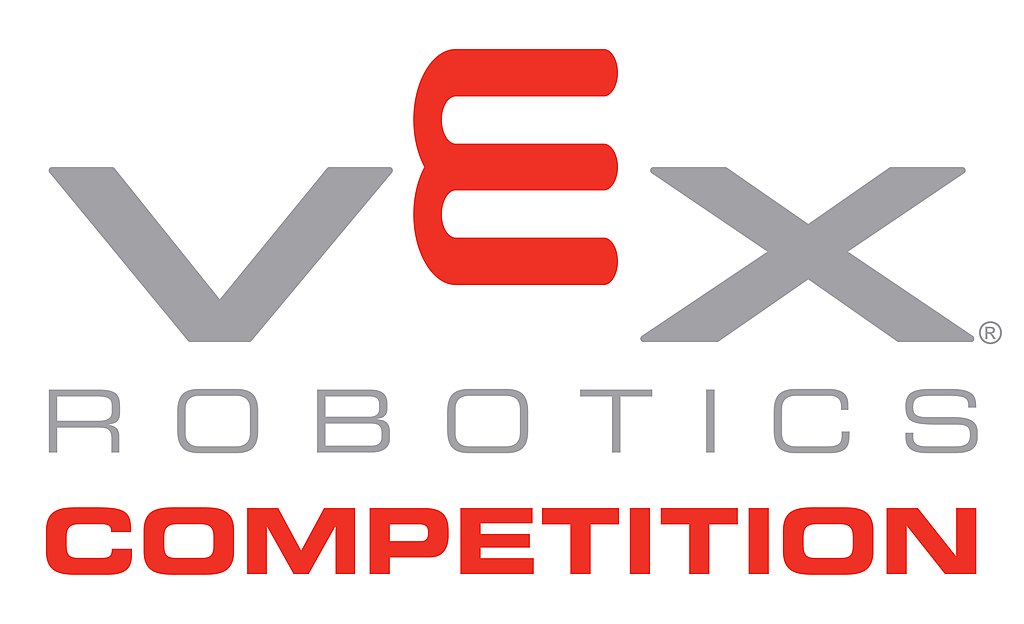After many hours of hard work and diligent preparations, the WMC Robotics teams are now set to go for the State-wide competition for March, 2024. The two teams, informally called Ingenuity and Legacy, are part of the VEX Robotics program, a competition where participants must build a functioning robot that typically has to play a point-based game in order to move up tournament rounds. According to Vex Robotics, this season’s game involves getting “plastic, acorn-shaped tri-balls” into a goal to score points. Teams also score points by getting the triballs into the field of the opposing team. But, the game is made more difficult, says Mr. Coiro, an advisor for the teams, by the unconventional shape of the triballs which makes their movements unpredictable and thus prevents them from rolling like spheres would, a factor which the teams must consider along with general things such as speed and accuracy.
Yet despite the challenge this game presents, WMC has thus far faced many exciting successes. Both teams have gotten through the “seed” rounds, or the qualifying competitions. Mr. Coiro states that at the end of one of these contests, the judges choose thirty two teams based on their performance, and then tell them to select another team to ally themselves with for the following competition; the first seed gets the first pick of which team they want. WMC has gotten through these rounds well so far. The student engineers, however, are about to face numerous trials with the upcoming state tournaments. These state contests include some of the best young builders, coders, and designers in New Jersey.
But Legacy and Ingenuity are prepared to meet these challengers. The teams have, Mr. Coiro recalls, detailed role assignments for each person, and so both teams include mechanical engineers, design engineers, programmers, and system engineers, who act like team captains and overlook general testing and design. He additionally notes the fruits of their collaborative work: Simple, yet effective robots. In his words, the robots’ “simplicity meets the demands of the challenge”. He describes them as having six motor drives, “simple intakes that hold possession of the triballs” and catapults, all which help the robots to swiftly traverse the field, very quickly take hold of the triballs, and easily transport them, respectively. Most interesting, however, is what he describes as pneumatic technology, or “air-powered actuators”. According to Mr. Coiro, [The teams] have made air powered wings…that act almost like a bucket in front of a snow plow in order to push as many triballs around the field as possible.” Overall, he notes that the robots are “very simple, but done very, very well.”
But, the advisor also addressed that, although the design appears simple, the teams have “gone to great lengths” to make it work as well as it does. Their design process starts, he says, with identifying the problem and then figuring out how to solve it through the creation of prototypes and the implementation of testing, but even when the teams are set on a certain design, the prototyping never stops, as the possibility of a better, more effective design is always present. Even when teammates disagree on design choices, he says, such issues are always resolved with testing.
Yet he also notes that the competitions often don’t have room for such disagreement. They are fast-paced, stressful, and unpredictable, with one game lasting only around two minutes, according to Vex Robotics. More so, fifteen seconds of this time is devoted to a period where the robot must function completely on its own, without the help of a driver. Then, the main triball game is played. At the end, a short elevation contest occurs. The robots have to lift themselves up off the ground to earn points based on how high they go in relation to the opposing team. Overall, there are quite a few tasks to complete considering the short timespan of a single game.
Still, Mr. Coiro is confident in the camaraderie between the WMC team members, and their ability to handle the pressure. “We know each other so well because we spend so much time with each other…Everybody kind of knows how to get everybody back down to Earth”, he notes. And, no matter what happens during the state competition, he also believes that the teams are already successful in what they have achieved.
“We’ve already won, in our minds, now that we’ve gotten to states. And we’ve had such a wonderful season. In all honesty, we like to try to disconnect the competition from the actual process because everybody’s won. Why? Everybody’s learned a set of translatable skills for their future in any STEM field…The competitions are icing on the cake, and we’ve done fantastic…I’m really looking forward to states, to see what everyone’s able to do, and whether we win or lose, we’ve already won.”
Ingenuity and Legacy will be going to NJIT for the state contest, on March 9th.





































